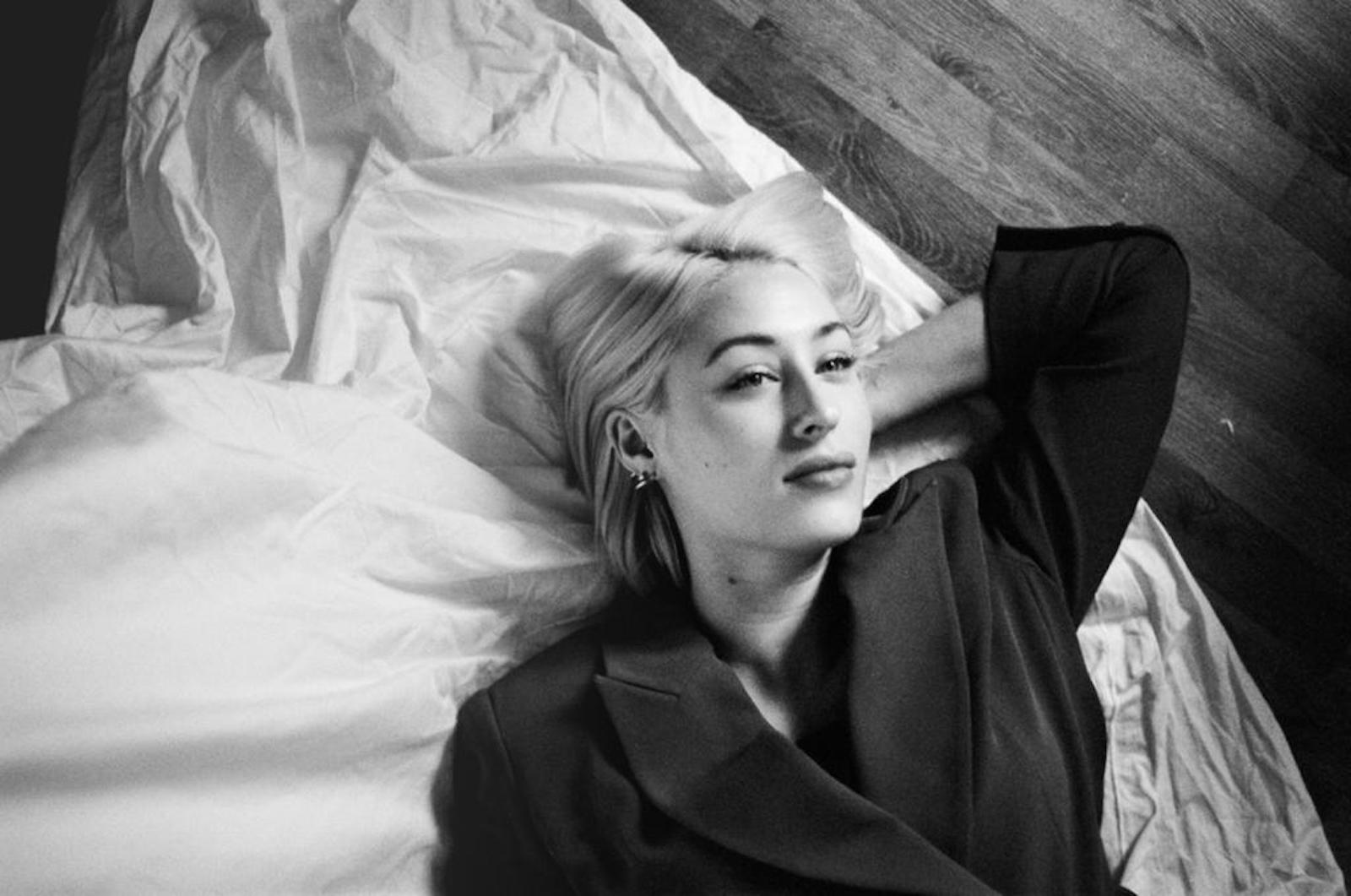
Artistry in the 21st century is far from one-track minded. To encapsulate the breadth of what an artist’s career means in today’s music industry, the game of “what hat shall I wear today?” is in consistent and constant rotation. One such artist who is well acquainted with this various hat-wearing, role-shifting marathon is multi-faceted artist Violet Skies.
Musical since birth, Violet seemingly danced out of the womb, whistling a tune perfectly in tune. Born to loving and supportive parents in Chepstow of Monmouthsire, Wales, she hails from a particularly musical Irish and Welsh family. Childhood was often filled with song, whether at school or in the household, Violet recalls memories of her parents singing to the family over strummed guitars and hearing stories of her grandmothers who both sang on stage. At only three years old, her parents realized their daughter possessed a gift, as she sang for customers on a local restaurant stage, undoubtedly rearing heads and scrunching eyebrows as patrons must have questioned “Who is this talented little girl?”
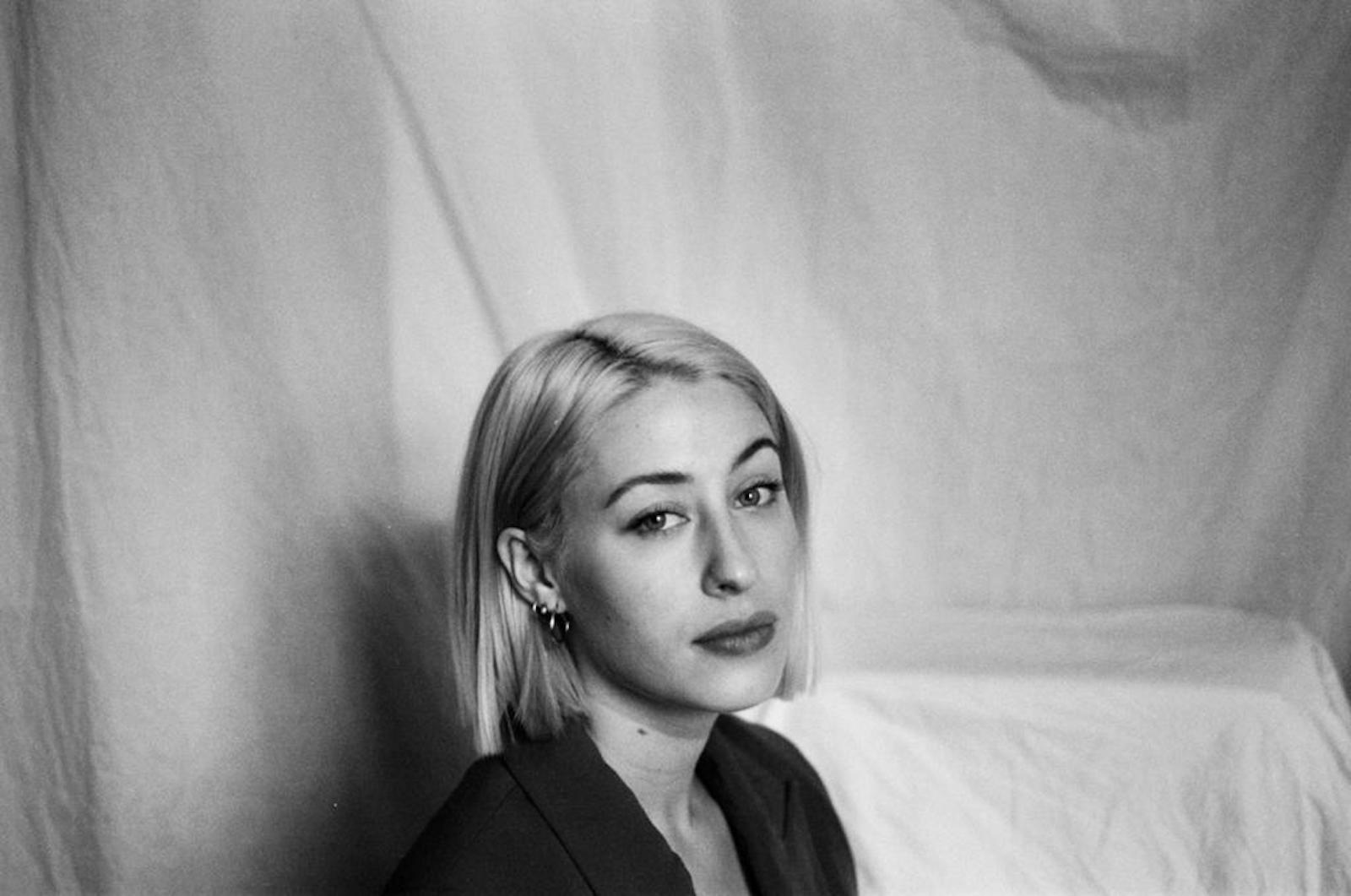
Musically-minded people, her parents began fostering this gift, enrolling her in lessons and encouraging the development of her artistic pursuits. Come her teenage years, Violet had found her penchant for songwriting naturally, writing with friends and later being connected with publishers who recognized her remarkable knack as well. From these writing sessions grew the conceptualization of her own artist project, as she would write songs that weren’t quite right for anyone but her. Hence the adoption of the moniker, Violet Skies after her grandmother Violet and the path we find Violet on today.
Still, lest there be no confusion on Violet’s multi-pronged approach to her creative career. She will be the first to tell you that her songwriting career feeds her artist career and vice versa. Having penned songs such as Tiësto’s “God Is A Dancer (with Mabel)” and heart-searing ballad “Come Home To Me” by LÉON, Violet’s eclectic style and wide array of skills are apparent, but those skills aren’t exclusive to the writing room. Upon meeting Violet in person, her tongue in cheek humor yet genuinely kind disposition gives her a special air of charisma, a quality that with the right focus can be weaponized for change far greater than the individual.
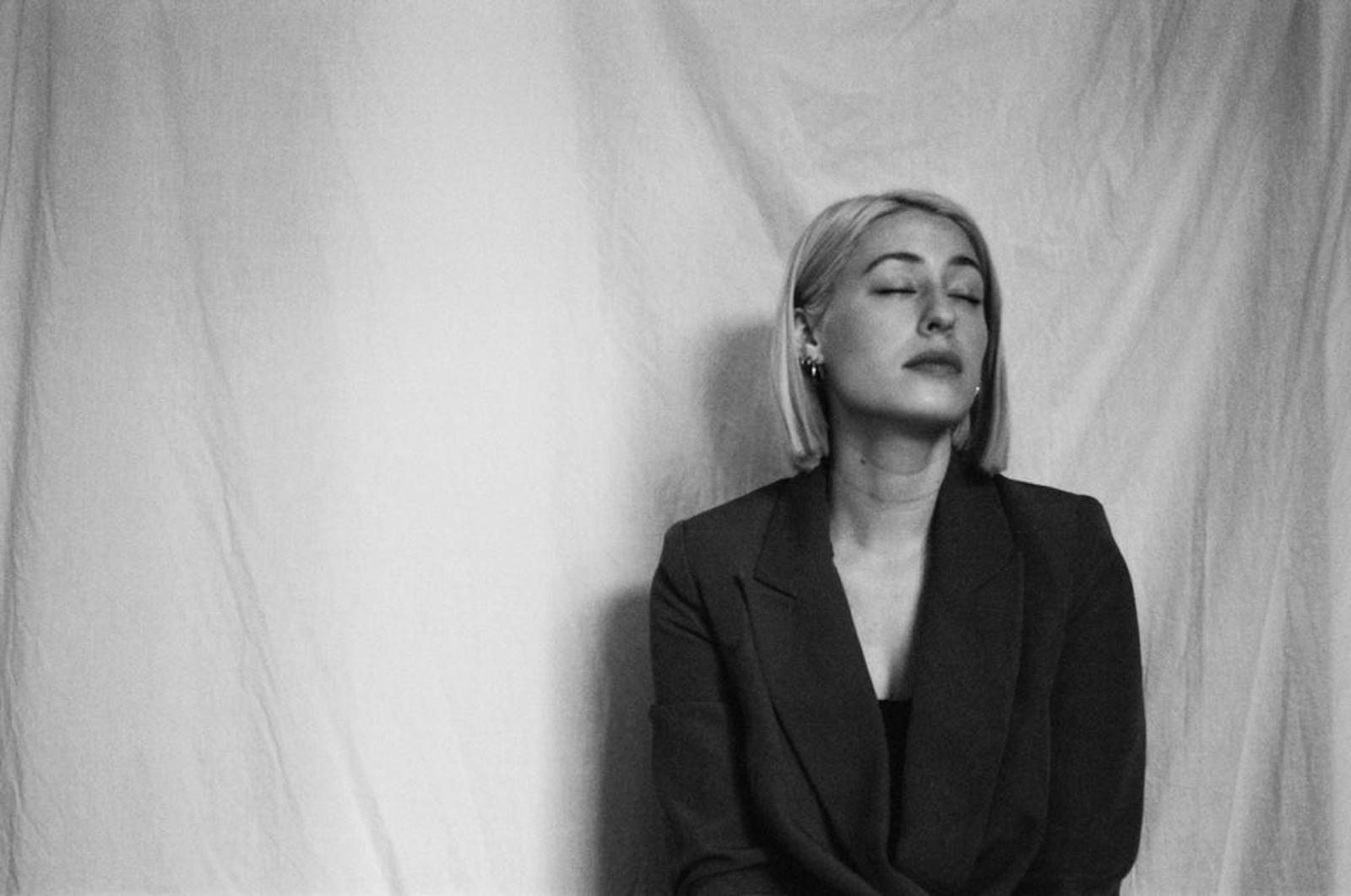
It’s no breaking news that women are underrepresented in the songwriting community. Harrowing statistics from Forbes state that in 2019 women made up only 21.7% of artists, 12.3% of songwriters, and 2.1% of producers in the music industry. Impossible to not notice this disparity, Violet and female producer Charlie McClean devised sheWrites, a magical world of female-exclusive songwriting camps, giving women the platform they need to break norms deeply set in society through years of historical oppression.
Though in their separate veins, these pursuits have all led to one ultimate goal: unrestrained freedom of creative and personal expression. 2020 sees Violet on the precipice of new heights in her prismatic career. April 4th marked the release of her sophomore EP ‘Lonely,’ a tear-jerking chronicle of the more difficult and uncomfortable parts of life and growing up. ‘Lonely’ strikes a chord with our deepest empathetic self, a reminder of the beautiful imperfections of the shared human experience.
In celebration of the release, we had the opportunity to catch up with Violet on everything from childhood musings to the ultimate vision behind her kaleidoscopic career. Read on below…
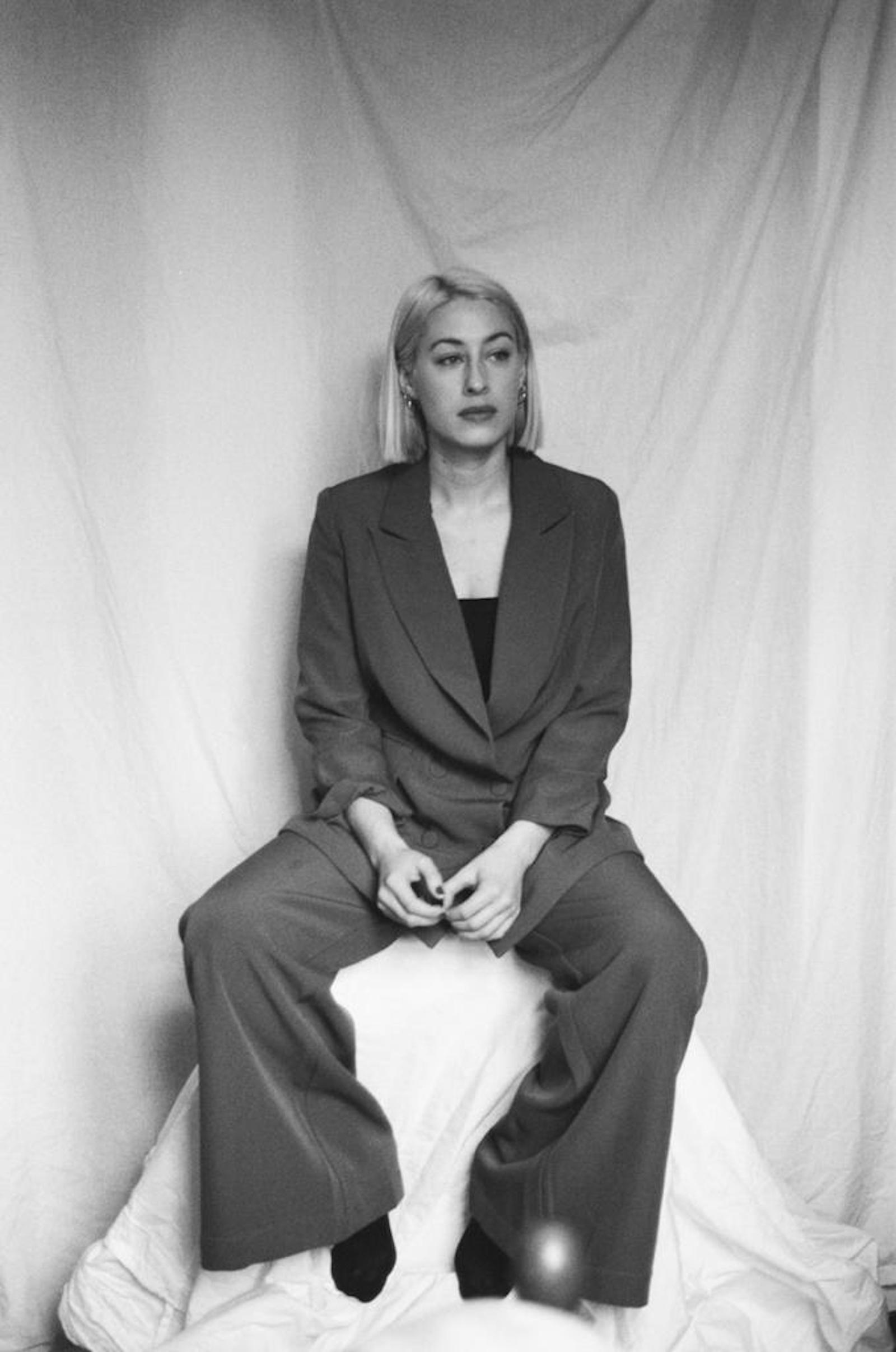
How did you first discover your musical abilities as a child?
Aged 3 I got on a stage at a local restaurant and sang “I Cain’t Say No” from Oklahoma, which is super inappropriate, but my parents knew then.
Who was your first real music mentor and how did they most profoundly influence you?
My singing teacher, Elisabeta Battersby. She still comes to my shows. She taught me classical singing, but always let me sing pop songs and really, really nurtured me and cared.
Growing up with Wales, a country known for beautiful singing voices, do you think the singing gene is engrained in Welsh DNA?
I’ve heard my Welsh family at karaoke, so maybe not…! BUT that said my parents are both extremely musical and played guitar and sang to us, and both my Irish and Welsh family would always sing at home. My Irish grandmother and Welsh great grandmother both sang on stage too. Welsh musical heritage takes the form of the Eisteddfod, a musical yearly celebration, which I did every year in school. I loved that.
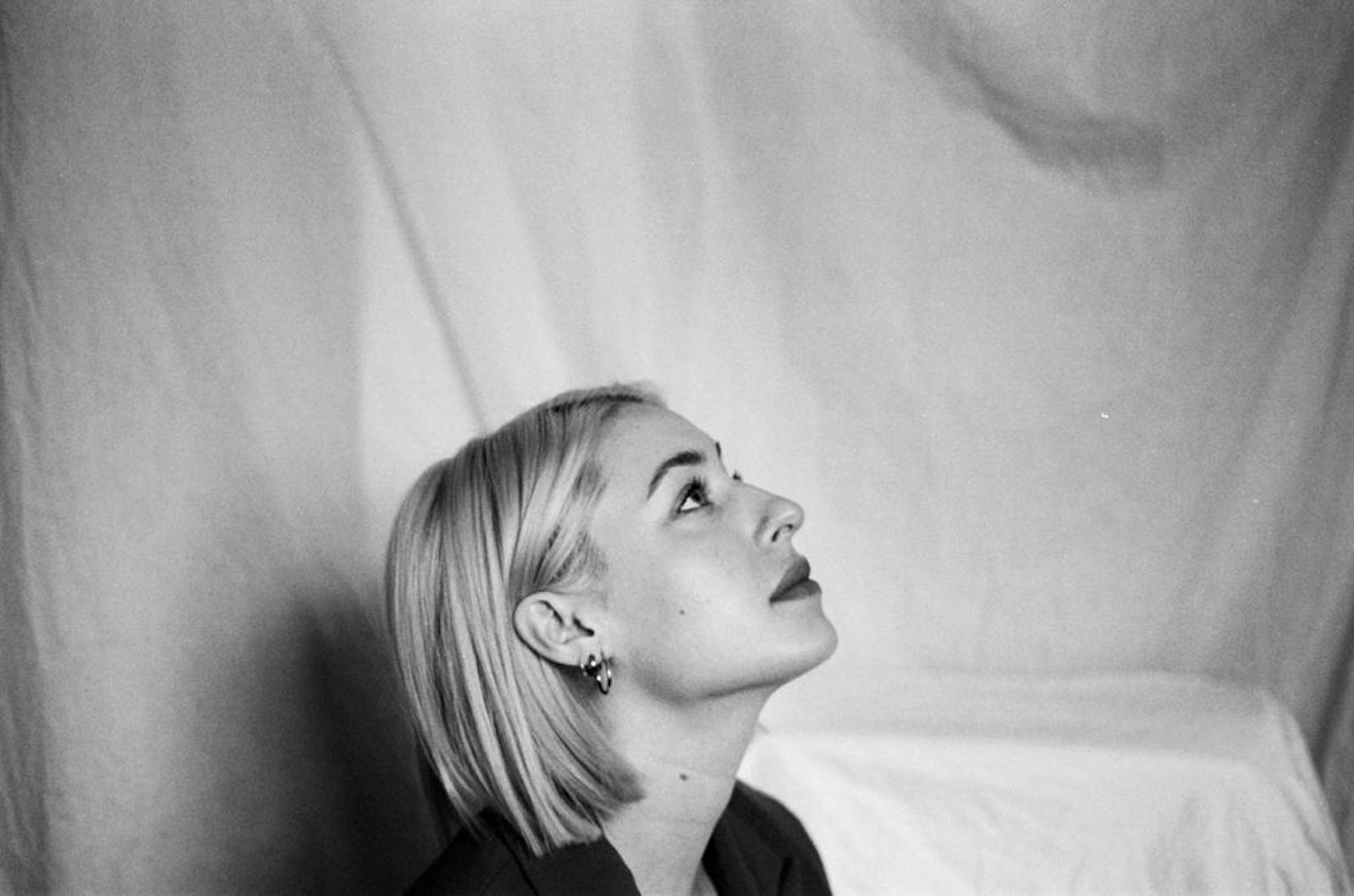
Were your creative pursuits encouraged throughout adolescence?
Yes. My parents drove me to every show, gig, tiny performance, helped me rehearse, supported me with lessons and most importantly, sat me down and told me I should pursue music, rather than go to university. I didn’t listen, but I dropped out early after they encouraged me to follow my dreams. They’re one of a kind in that way, never pushy, but they knew I was scared.
Your artist moniker was inherited from your grandmother. Were you two close?
My great Nanny Violet passed away when I was about 9. But I have such vivid memories of visiting her, things that weren’t captured on camera so I know they were real. She lived life. It seemed the older she got, the more she wanted to break the rules. She went missing one day, and later that night she came home from a girls trip wearing a sash that said ‘Kiss Me Quick’. She’d not told anyone where she was going hahah.
Which came first, the desire to pursue a songwriter career, artist career or did they develop simultaneously? Is balancing both in your everyday life difficult?
Songwriting started around 13/14, but I started writing for others through writing for friends. And then eventually writing songs that weren’t for me, totally different to my artistry, and when publishers heard them, they asked me to write for their artists. Balancing both isn’t that hard honestly, they support one another and I know my own artist career has benefited from the release that comes with writing for others.
What have been your personal highs and lows of being a songwriting versus an artist?
Songwriting is hard! Getting cuts is a gamble every single day, BUT accomplishing something each day and leaving the studio with a song is amazing. Also hearing songs you’ve written getting on radio and TV is NUTS, without the pressure of doing it yourself. The other side, being an artist is the most freeing, liberating, stressful, painful, magical thing and singing for people is something I will never give up.
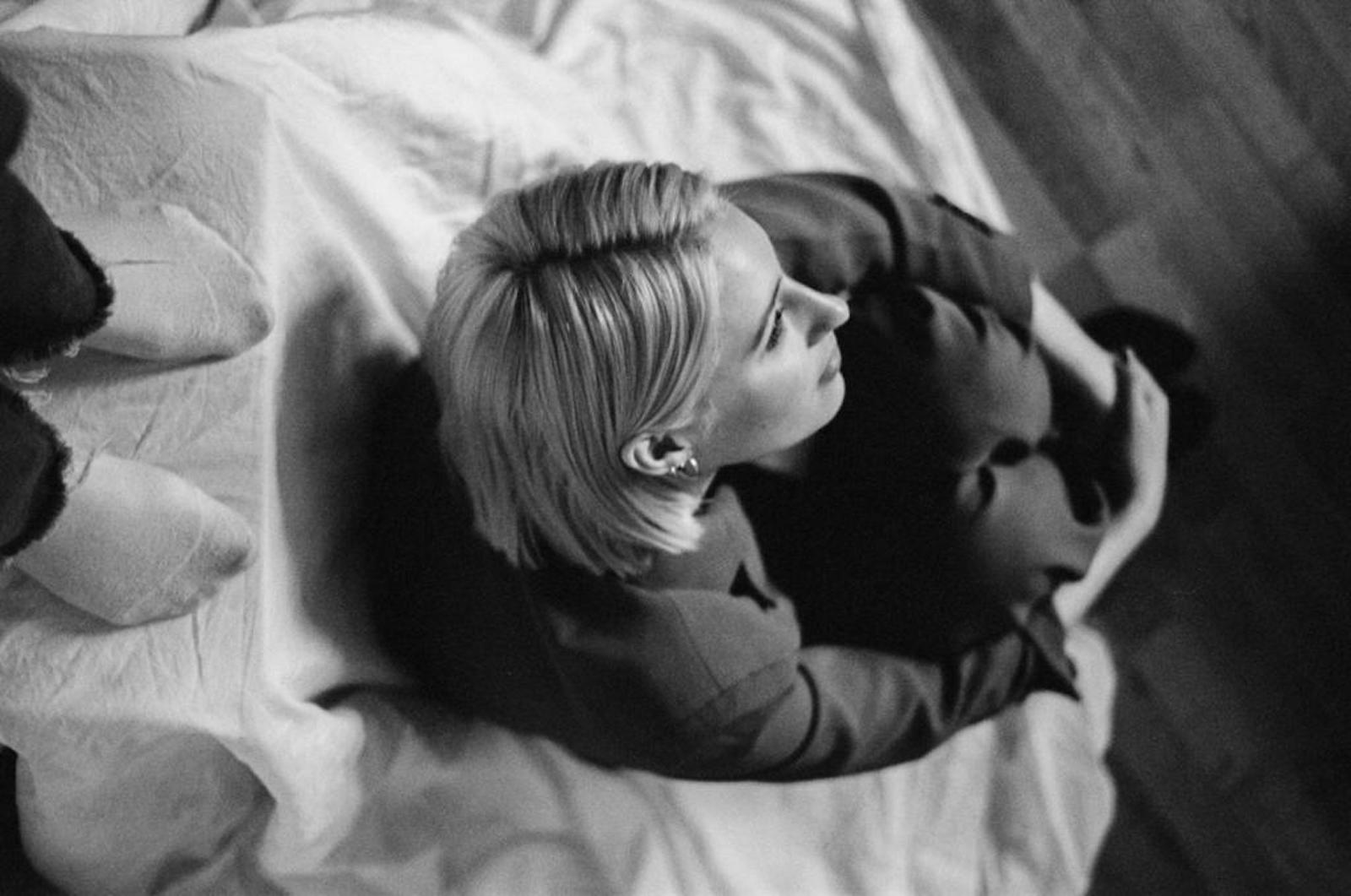
You co-founded sheWrites, the first global series of female-only writing camps. Was there a specific turning point which prompted you and your co-founder to start the organization?
Yes, Charlie McClean and I left the studio after finishing an early EP of mine together. I’d experienced a whole new world working with a female producer. She said she didn’t know any others, and suggested a pipe-dream of a camp somewhere sunny, just for women, and later came up with the name. A few weeks later I was alone at home, and frustrated with my own situation – unpublished and not getting where I wanted, and I rang the PRS Foundation, and asked them for some money to do it. 6 months later we ran the first UK all female camp. WILD.
Proudest sheWrites moment you can recall?
We recently did a camp for a huge, huge, legendary icon in LA. She came to visit us in the studio, we were writing songs specifically for her, and Charlie and I looked at one another and realised how far we’d come. Crazy.
Congratulations on the release of your sophomore EP ‘Lonely’! Are there any overarching themes or messages interlaced throughout the EP?
Ageing, time, birthdays, self-analysis and examining relationships long after they’ve ended. This EP is far more about my own issues, than my issues with someone else. Even ‘This Could Be Love’ talks about why the relationship isn’t working because of my own expectations and choices. I grew a lot through writing this EP. “Half My Life” was a turning point for me and writing it was stressful because I realised I’d misspent so much time, but at least I’m here now doing what I love.
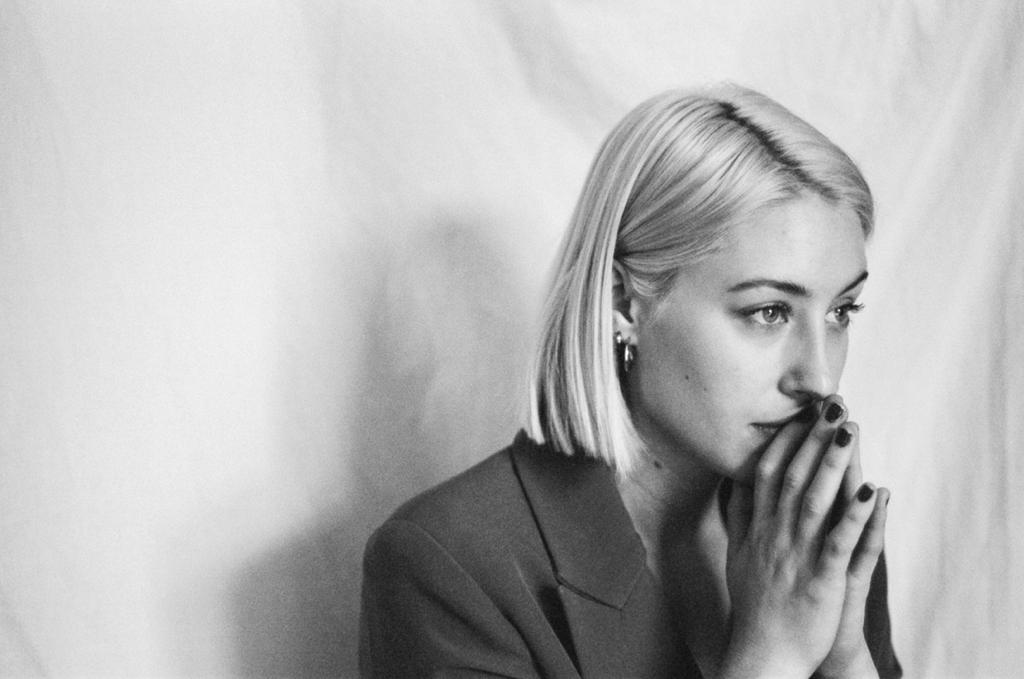
Were you really born on Valentine’s Day?
Yup! It kinda sucks because it’s so false and commercial, but also nice, even if humans need reminding to appreciate their loved one.
Craziest birthday meets Valentine’s Day story?
I guess the lowest point was when I was newly single after SO many years with someone and realised Valentine’s day SUCKS if you’re alone AND it’s your birthday. I woke up on my friend’s living room floor, fully dressed on a beanbag. I’d stopped reminding people it was my birthday, because I hated it. So everyone forgot and was wrapped up in Valentine’s day (I asked my family not to celebrate it!) and I just went to the studio hungover. Very weird. I’m glad I’m not like that now.
Your creative process for ‘Lonely’ was highly collaborative. How did you come to find your favorite collaborators and what made their participation imperative on the EP?
Lots all started with me just going into the room as a writer. And then you make friends and some songs are just obviously for you. Everyone on this EP I’ve worked with multiple times, everyone is a friend and collaborator on other projects too. It was very natural. Martin Luke Brown is my key player who also produces. Micah Jasper and David Burris are in Crown Victoria (a side project) with me. Danny Casio from The Six and I work on other songs and projects together. I’ve had another song out with Finneas before and written other songs too. Manon has done loads with sheWrites. I can write alone, but I love to write with others. Sharing music with people in the room is an absolutely amazing feeling.
What’s one piece of advice, career-related or not, you’d like to give your younger self?
Stop caring so much. Stop overthinking. You’ll never be cool so stop trying and just have fun. hahaha
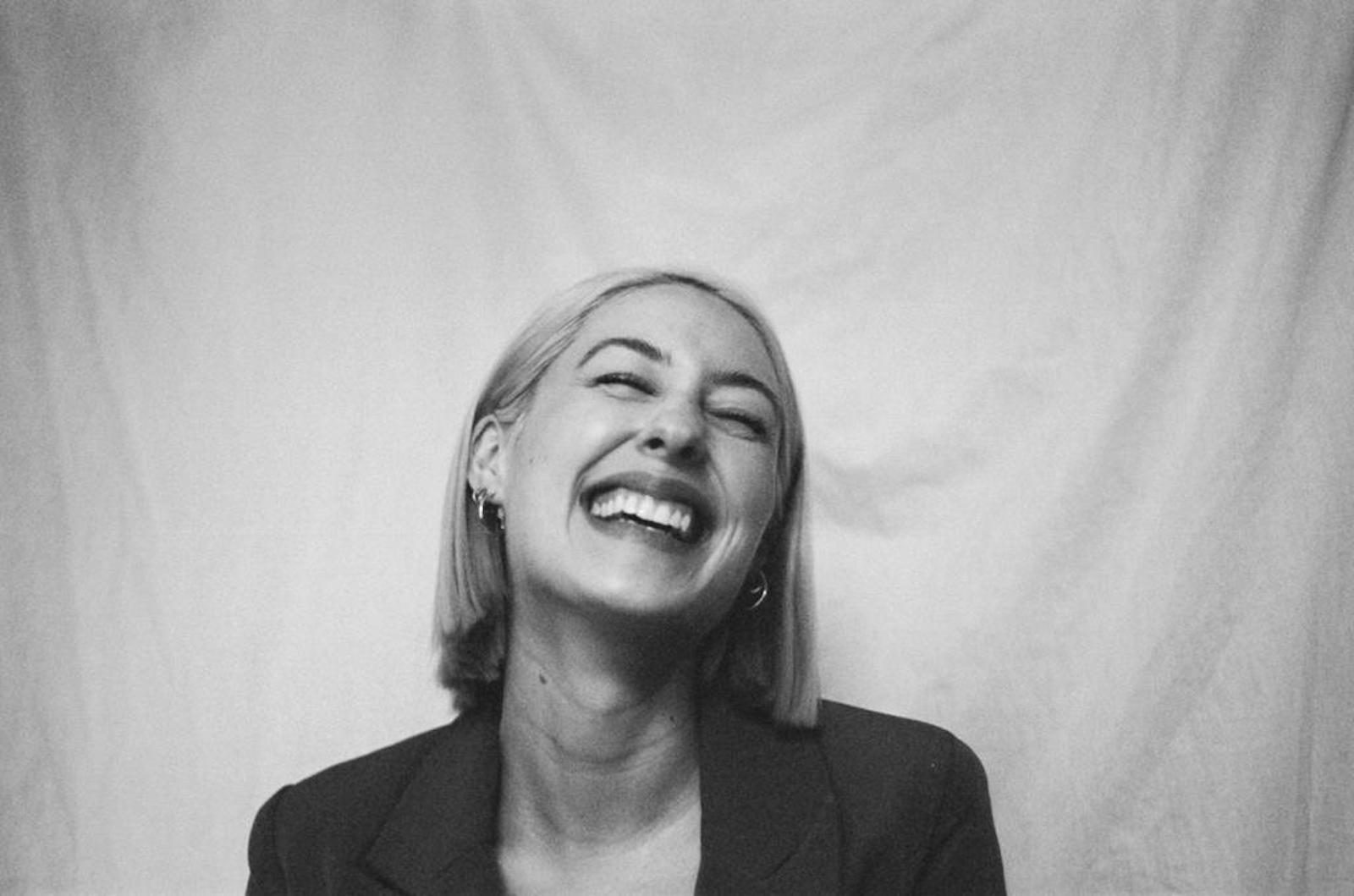
CONNECT WITH VIOLET SKIES
INSTAGRAM // WEBSITE // SPOTIFY
photos / Abi Raymaker
story / Jessica Thomas
